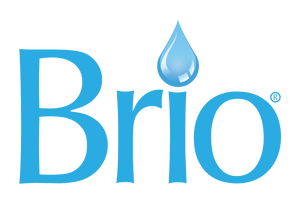Don your baker’s hat and apron, grab a wooden spoon and roll up your sleeves. Welcome to the world of baking, where even the smallest ingredient can make a big difference in the final result. Today, we’re mixing it up with a crucial yet often overlooked element of baking: water.
Join us as we explore how the purity of filtered water can significantly impact the taste, texture, and overall quality of your baked goods. Ready… steady… BAKE!
Why is water important for baking?
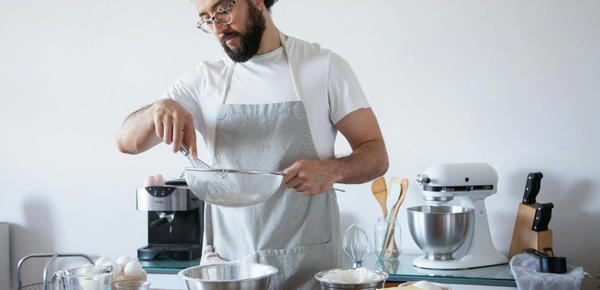
Humble H2O is essential for activating ingredients, developing gluten, controlling moisture content and temperature, and creating those important chemical reactions, all of which are critical for successful baking. Here’s why:
Activates the ingredients
Water activates certain ingredients in baking, such as yeast and baking powder, which are essential for the leavening and rising of baked goods.
Develops gluten
Water helps in the formation and development of gluten, a protein that gives structure and elasticity to dough. Proper gluten development is crucial for the texture and structure of bread.
Hydrates
Water adds moisture to the dough or batter, helping to create a tender crumb and preventing baked goods from becoming dry or crumbly.
Controls temperature
Water helps regulate the temperature of the dough or batter during mixing and baking, ensuring even distribution of heat and preventing overheating or burning.
Creates chemical reactions
Water helps create the various chemical reactions that occur during baking, such as starch gelatinization and protein denaturation, which contribute to the overall texture and flavor of baked goods.
What happens if your water is too soft, too hard or unfiltered?
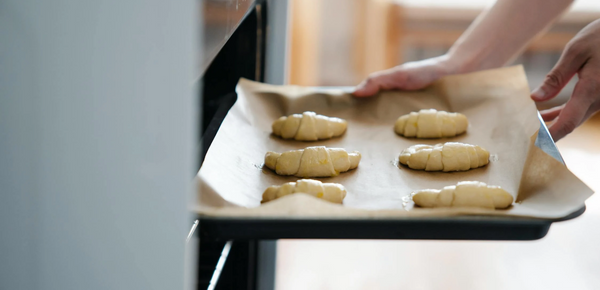
The quality of water used in baking can significantly impact the outcome of your baked goods. Here’s what happens if the water is too soft, too hard, or unfiltered:
When your water’s too soft
- If the water is too soft (low in mineral content), it may lead to weak gluten development, resulting in bread, pastry and cakes that are flat, dense, or lacking structure.
- Soft water can also cause excessive fermentation in yeast-based doughs, leading to over-proofing and collapsed breads.
- In some cases, baked goods made with soft water may have a slightly bland or muted flavor because of the lack of mineral complexity.
When your water’s too hard
- Hard water – which is high in mineral content, particularly calcium and magnesium – can hinder gluten development, resulting in bakes that are tough, dense, or chewy.
- The minerals in hard water can also interfere with the leavening process, potentially affecting the rise and texture of your cakes and bakes.
- Additionally, hard water may leave mineral deposits or scale on bakeware, affecting the appearance and cleanliness of baked goods – yuck.
When your water’s unfiltered
- Unfiltered water may contain impurities, such as chlorine, fluoride, or other chemicals, which can affect the taste and smell of your sweet treats.
- Impurities in unfiltered water can also interfere with yeast activity, gluten development, and overall baking performance.
- Unfiltered water may introduce contaminants or off-flavors that compromise the quality and safety of baked goods.
Bottom line? Stick with filtered water for baking bliss. It keeps things ‘goldilocks’ – perfectly balanced minerals, no funky tastes, and happy dough.
Filtered water: a baker’s best-kept secret
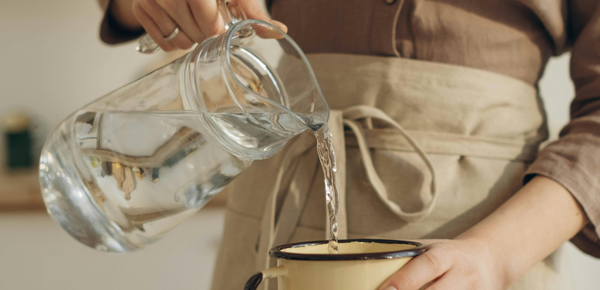
Filtered water isn’t just about hydration, it’s about enhancing the flavors and textures of your favorite treats. This is key for cooking, too. Read about cooking nutrient-rich meals with filtered water. When it comes to baking, the quality of water matters more than you might think. Here’s why:
Pure and clean
Filtered water isn’t just any water, it’s water that has been purified to remove impurities and chemicals that can interfere with the baking process. By using filtered water, you ensure a clean canvas for your ingredients to shine. There are loads of health benefits, too.
Chemical, taste and odor free
Tap water may seem convenient, but it often contains chlorine, minerals, and other contaminants that can alter the taste and texture of your baked goods. Say goodbye to off-flavors and hello to pure, delicious results with filtered water. Discover why water filtration makes your tap water taste better.
Enhanced flavors, fluffier textures
Filtered water isn’t about avoiding negative outcomes, it’s about enhancing the positives. When used in baking, it can help your cakes and bread to rise. Filtered water increases the effect of yeast, so you will be creating masterpieces worthy of a Great British Baking Show final in no time! By using filtered water, you’ll notice a difference in the flavor, texture, and overall quality of your baked goods.
Choosing the right water filter: a baker’s guide
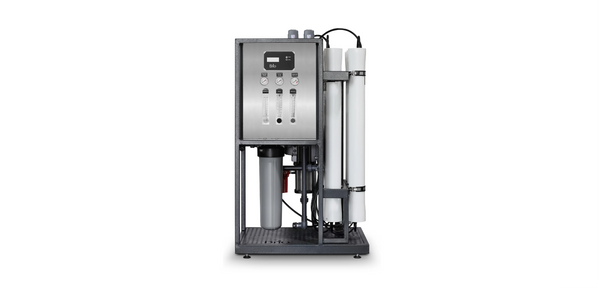
Some larger bakeries install a reverse osmosis water filtration system to reduce the chemical content and impurities left in tap water.
We agree – reverse osmosis is a fantastic way to ensure clean, pure, delicious-tasting water – the perfect canvas for your signature bake at home. But 2-stage and 3-stage filtration will also do a sterling job. Let’s break down these water filtration options:
2-stage filtration

A 2-stage filter removes the big baddies, like chlorine and sediment, giving you cleaner water. Try the Brio 800 Series 2-Stage Bottleless Countertop Water Cooler. It eliminates dust, particles, rust, undesirable tastes, odors, colors, and more, while the 11” height makes filling and refilling pitchers and baking bowls super-easy.
3-stage filtration
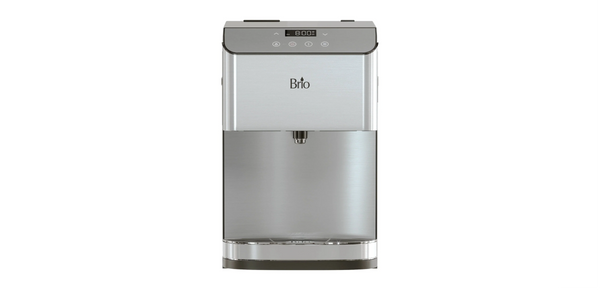
With 3-stage filtration, you're getting extra protection. It doesn’t just tackle the big stuff but also pesky contaminants like VOCs. It’s like upgrading from a regular cake to a triple-layer masterpiece – more layers, more protection, more delicious results!
Try the Brio Moderna 3-Stage Bottleless Countertop Cooler: space-saving and compact, it's ideal for providing filtered water for all your baked good needs.
Reverse osmosis
Reverse osmosis is like having a high-tech wizard in your kitchen. It removes almost everything – minerals, chemicals, even tiny particles – leaving you with ultra-pure water. It's the ultimate secret weapon for baking perfection, ensuring your treats taste as pure as they can be.

Try the Brio Amphora Reverse Osmosis Undersink Filtration System with Pitcher: watch as the portable pitcher autofills with crystal-clear water like magic – ideal for crafting the perfect bread dough.
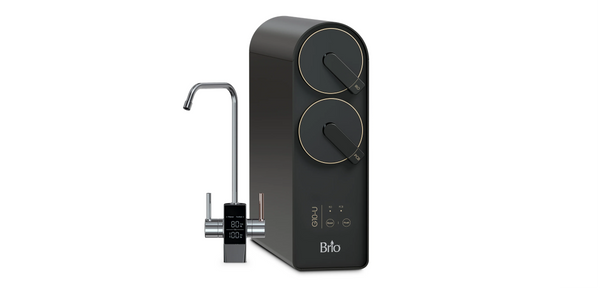
The Brio G10-U Reverse Osmosis Black Undersink Filtration System with Faucet offers powerful filtration and premium hydration combined to create perfect water conditions for baking the best homemade bread, straight from the faucet.
Want to be your household’s star baker? By understanding the importance of water quality and selecting the right filtration system, you can achieve light, fluffy, and delicious results every time. The next time you’re whipping up a batch of cookies or kneading dough for fresh bread, reach for filtered water. Your taste buds – and your baking creations – will thank you!
